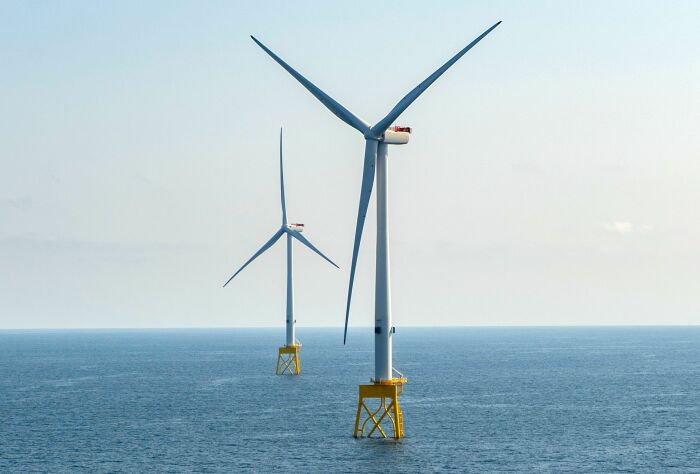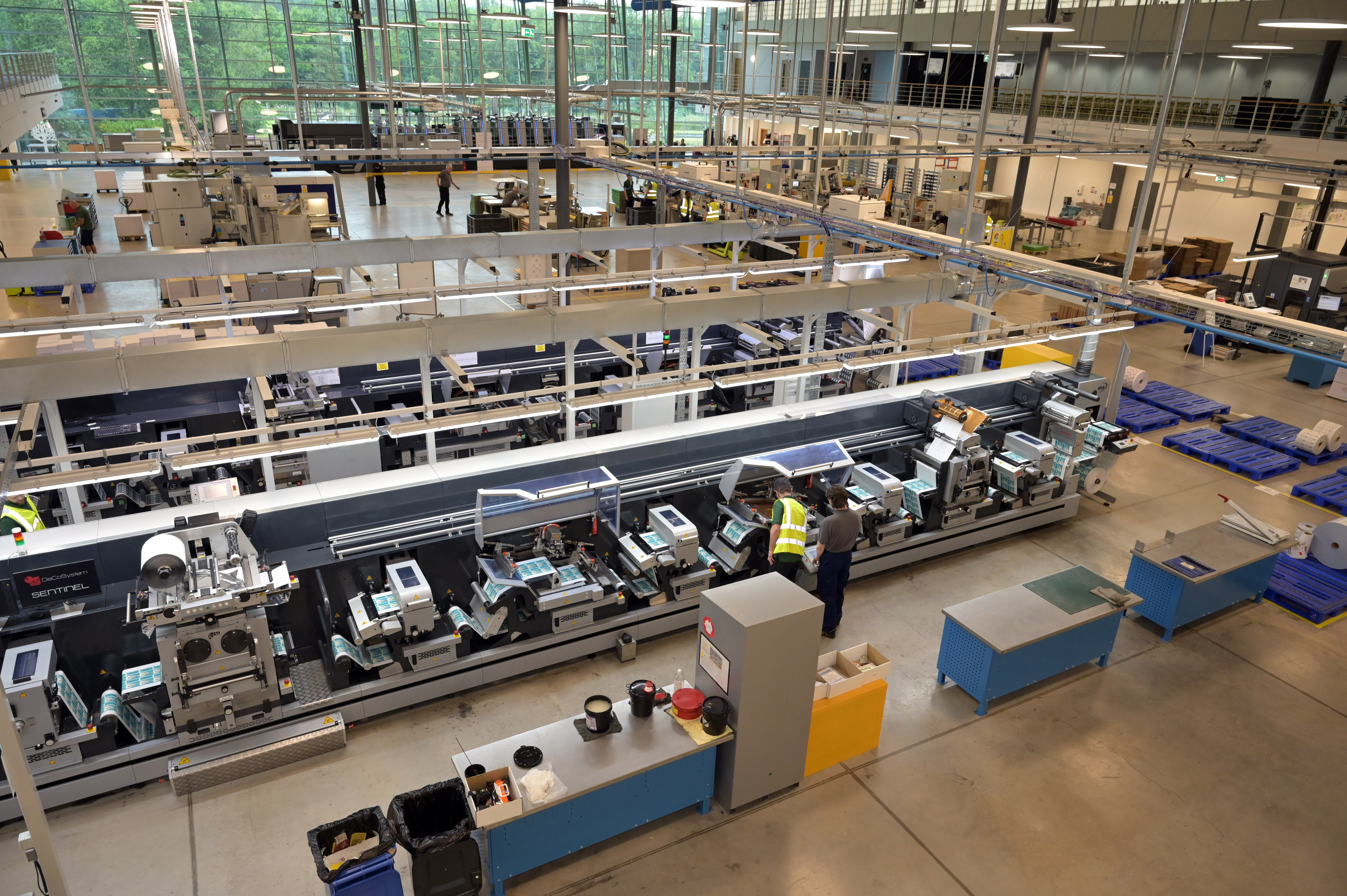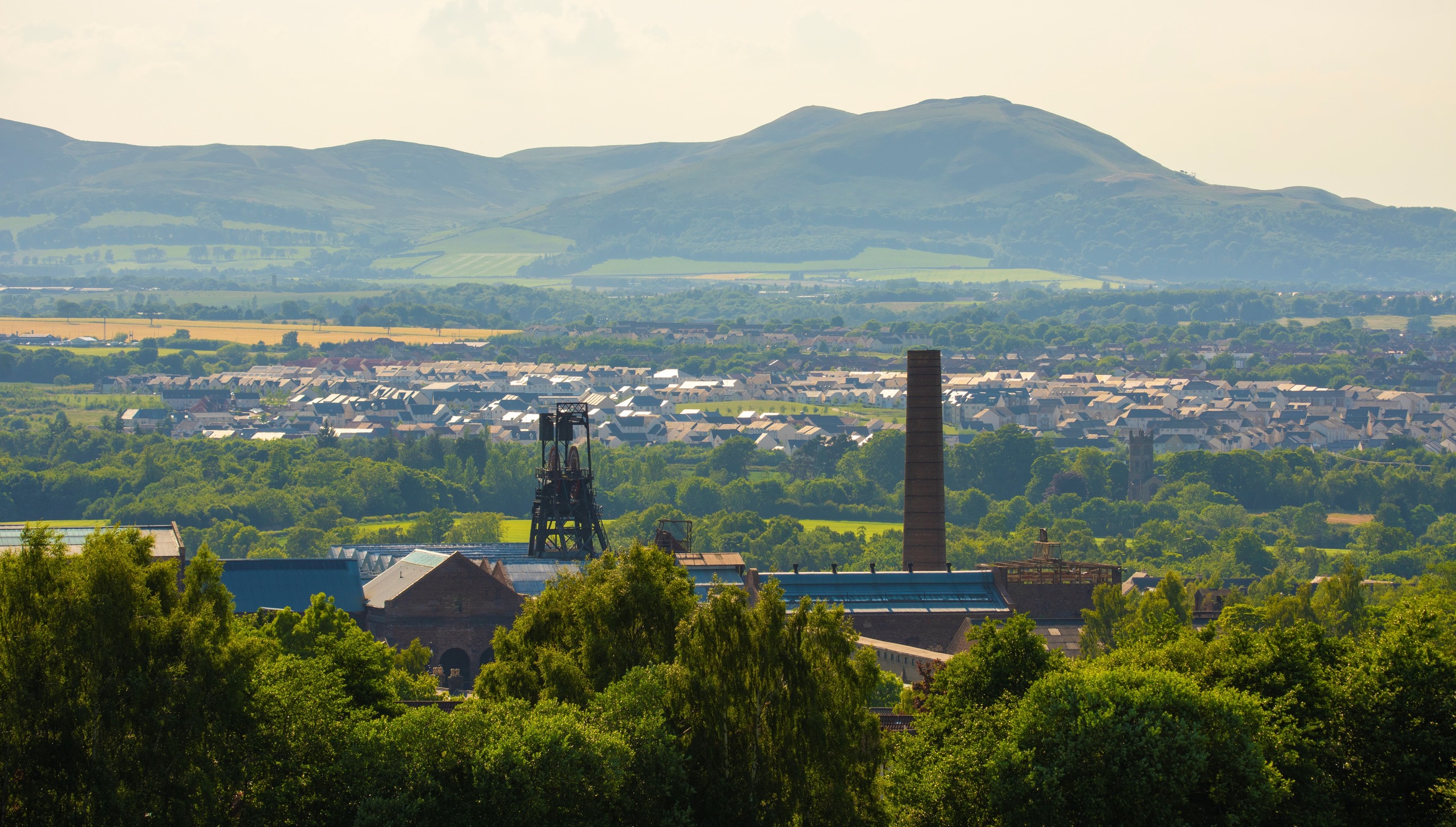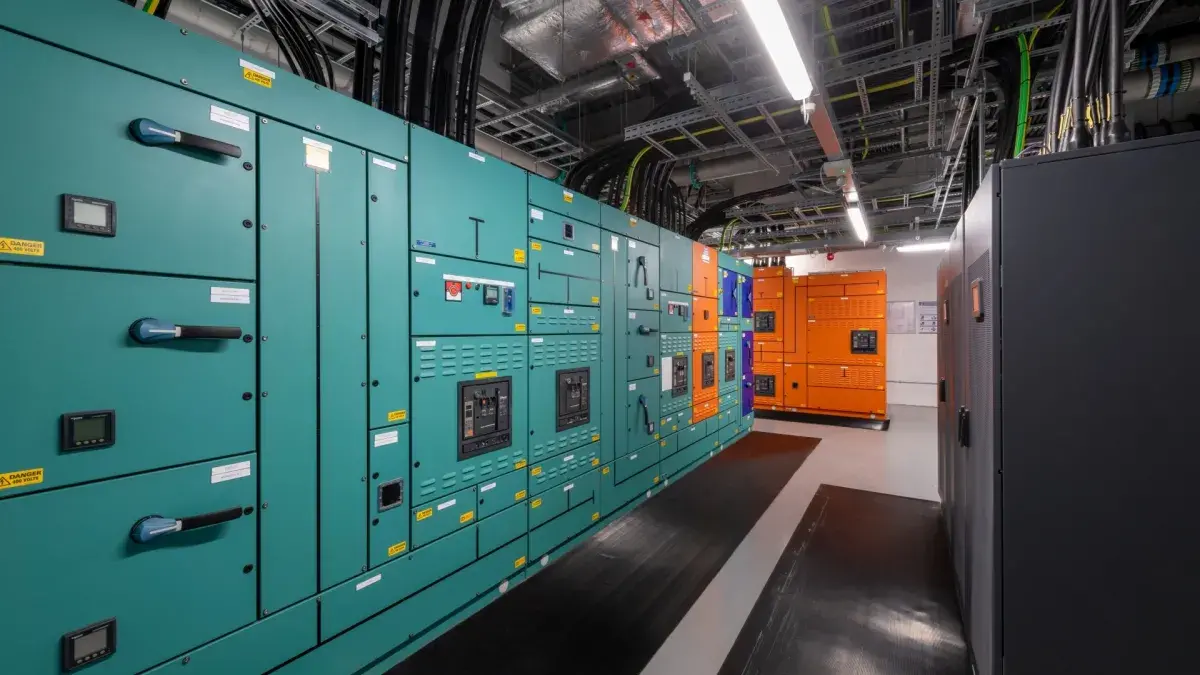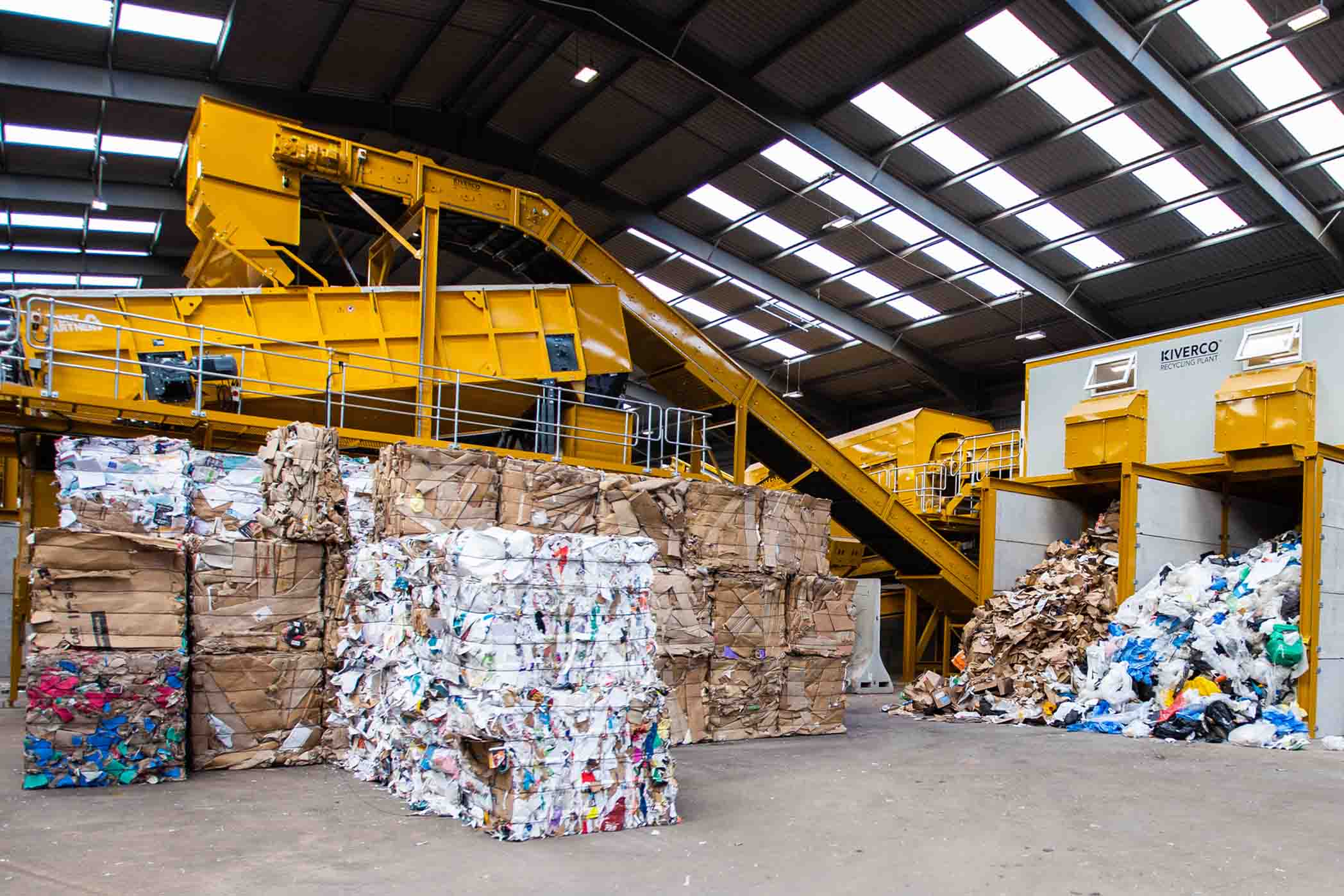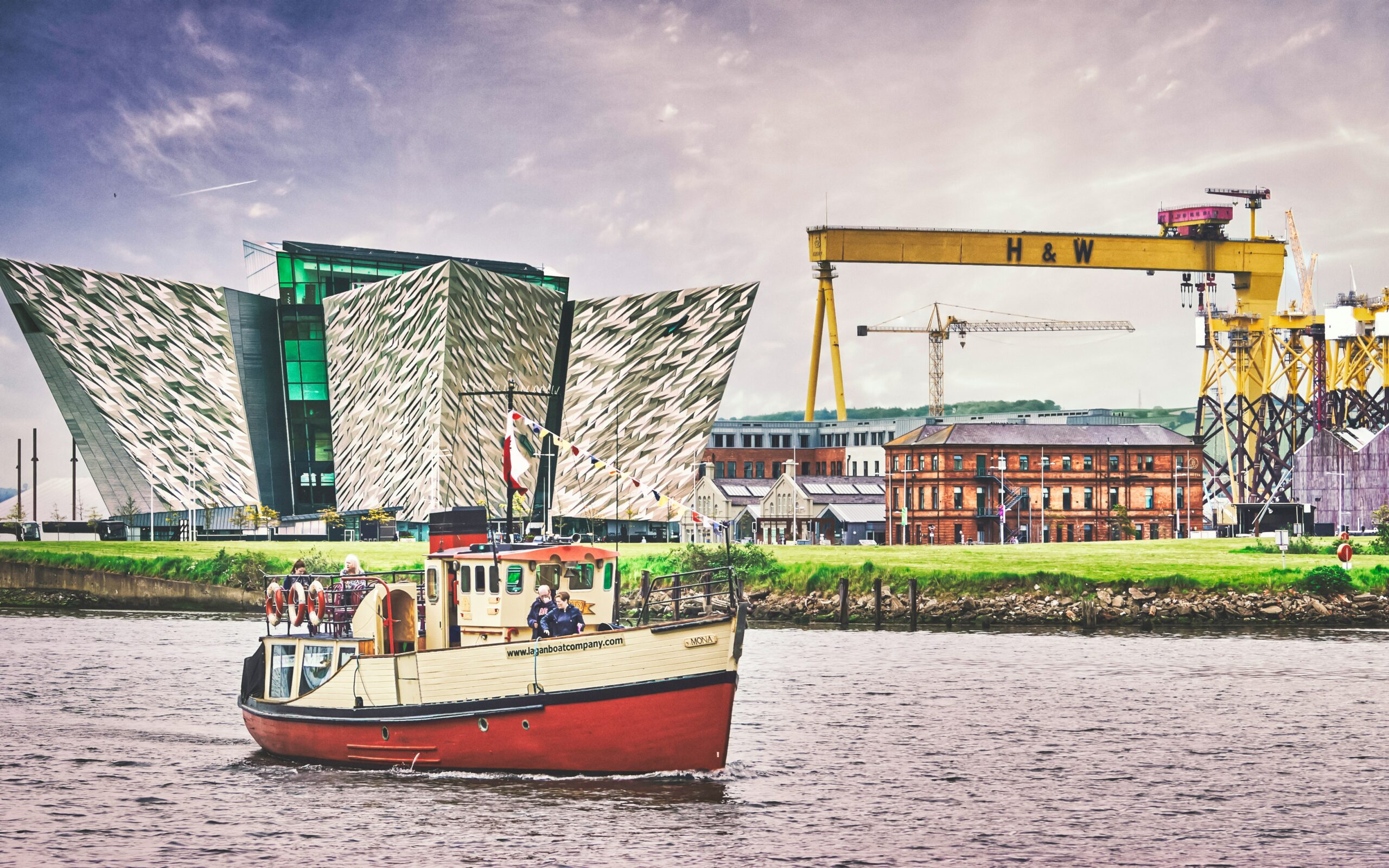
Inside a Global Economic Force
Despite its small physical footprint, the Netherlands is home to the world’s 15th-largest economy
The Netherlands is closely associated with tulips and windmills, but this nation also has a great deal to offer in terms of scientific research and economic development. Perhaps the most prominent examples of Dutch innovation in action today are Wi-Fi and Bluetooth—two of the world’s most important wireless technologies. And though its geography may be physically small, the Netherlands has the 15th-largest economy globally.
These days, many multinationals have decided to establish a presence in the Netherlands. There, they work alongside native Dutch companies such as Shell, Heineken, Unilever, Philips, and KLM. Even so, the Netherlands has no plans to rest on its financial laurels. Instead, it is set to remain a key player in the world economy for the foreseeable future.

VNO-NCW and MKB Netherlands Team Manager Thomas Grosfeld stated, “The Netherlands is a European hub for innovation and global R&D. This is thanks to a close collaboration between the government, businesses, and universities. As a result of this close collaboration, specialized clusters have formed across a wide array of sectors within the country in areas such as life sciences, health, technology, agri-food, quantum mechanics, and semiconductors. For example, in the area of semiconductors, the Netherlands is a pioneer with global leaders such as ASML. ASML, founded in Eindhoven, is moving technology forward by creating machines to mass produce semiconductors. ASML is one of the most important companies in the Netherlands in terms of innovation and R&D. The creation of semiconductors is a globally critical sector and an area of strategic importance between the Netherlands and the USA. With a continued focus on expanding R&D and innovative thinking, the Netherlands will continue to attract FDI from around the world.”
Why Multinationals Are Choosing the Netherlands
Of course, the economic success experienced by the Netherlands in recent decades is no coincidence. Outside investors have countless reasons to take the Dutch economy seriously, starting with the country’s history of innovation and cooperation.
The Netherlands was one of six founding members of the organization now known as the European Union, making it an ideal European home base for multinationals (especially in a post-Brexit world). Meanwhile, the Netherlands is known for its highly stable business climate and robust financial sector.
Another driving factor behind the Netherlands’ economic success has been its educated and skilled workforce. Crucially, the nation’s labor market is also multilingual, positioning Dutch workers to excel in today’s diverse and interconnected world. While workers from the Netherlands are employed in every field imaginable, the region is especially well-known for its engineering workforce.
These strengths and others have been recognized on the global stage as well. The Netherlands received a fourth-place ranking on the European Innovation Scoreboard 2022, topping the charts along with nations like Belgium, Denmark, Finland, and Sweden.
FDI and the Dutch Economy
With its resilient economy and strong reputation, the Netherlands has long been an attractive destination for investment from foreign nations and companies. Multinationals such as Cisco Systems, Fujitsu, Nike, and Pepsico have already decided to set up regional headquarters in the country, and there is no reason to believe this trend will stop any time soon.
In addition to the aforementioned benefits of doing business in the Netherlands, the country is well-known for its advantageous tax system. In keeping with the Netherlands’ focus on innovation, the country also offers R&D-related tax incentives. Along with the nation’s stability, EU membership, and other factors, these tax advantages have encouraged foreign investment in the Netherlands.
As recently as 2019, the Netherlands was the number-one recipient of USA foreign direct investment (as measured by country of foreign parent). Out of the $6 trillion in American outbound FDI recorded that year, the Dutch economy received approximately 15 percent—$860 billion, to be precise.
Traditionally, a great deal of FDI in the Netherlands has focused on the provinces of North and South Holland. But since these areas have become congested as of late, outside investors have begun to establish themselves elsewhere in the country. In recent years, the Eindhoven “brainport” and eastern provinces such as Gelderland and Overijssel have been positively impacted by this shift in investment priorities.

While the Netherlands has undoubtedly benefited from investment from the United States and other countries, these relationships have not been one-sided. Marc ter Haar, Executive Director of the American Chamber of Commerce in the Netherlands stated, “Dutch champions are investing heavily in the USA. The Netherlands has developed innovative solutions, and is bringing those solutions to the United States. For example, the state of Texas and the Port of Rotterdam are collaborating on energy transition, and Dutch companies are working in the state of California in the areas of mobility and traffic management.”
Grosfeld added, “Something many people do not realize is that this investment is a two-way street. The USA is an important export market for Dutch companies, and actually the largest destination for Dutch FDI, accumulating nearly $630 billion in investments from the Netherlands. Dutch companies support over 920,000 American jobs. Overall, relations are excellent and there are many opportunities for further collaborations between our two countries.”


